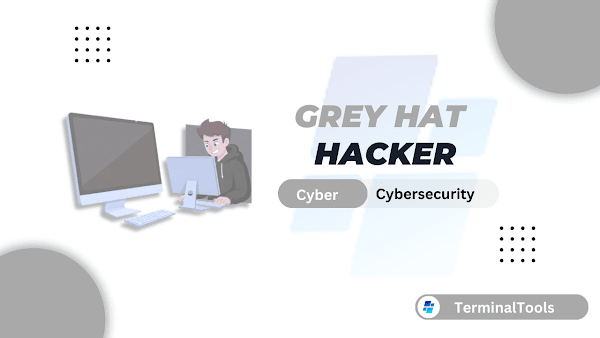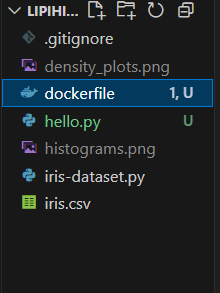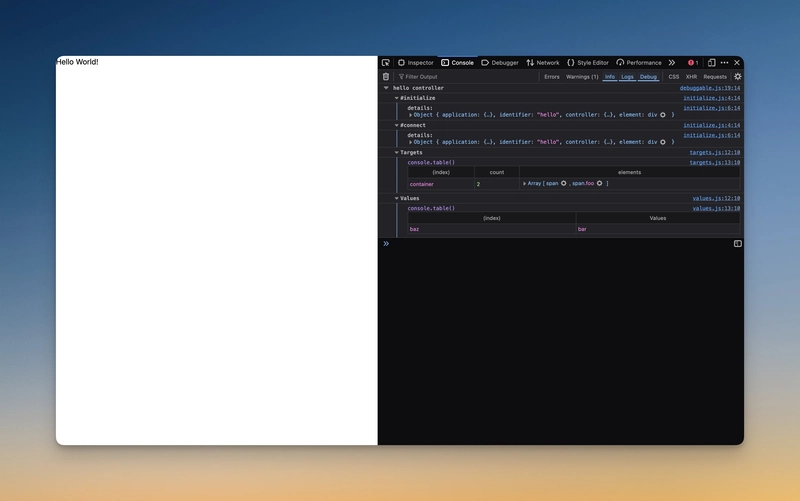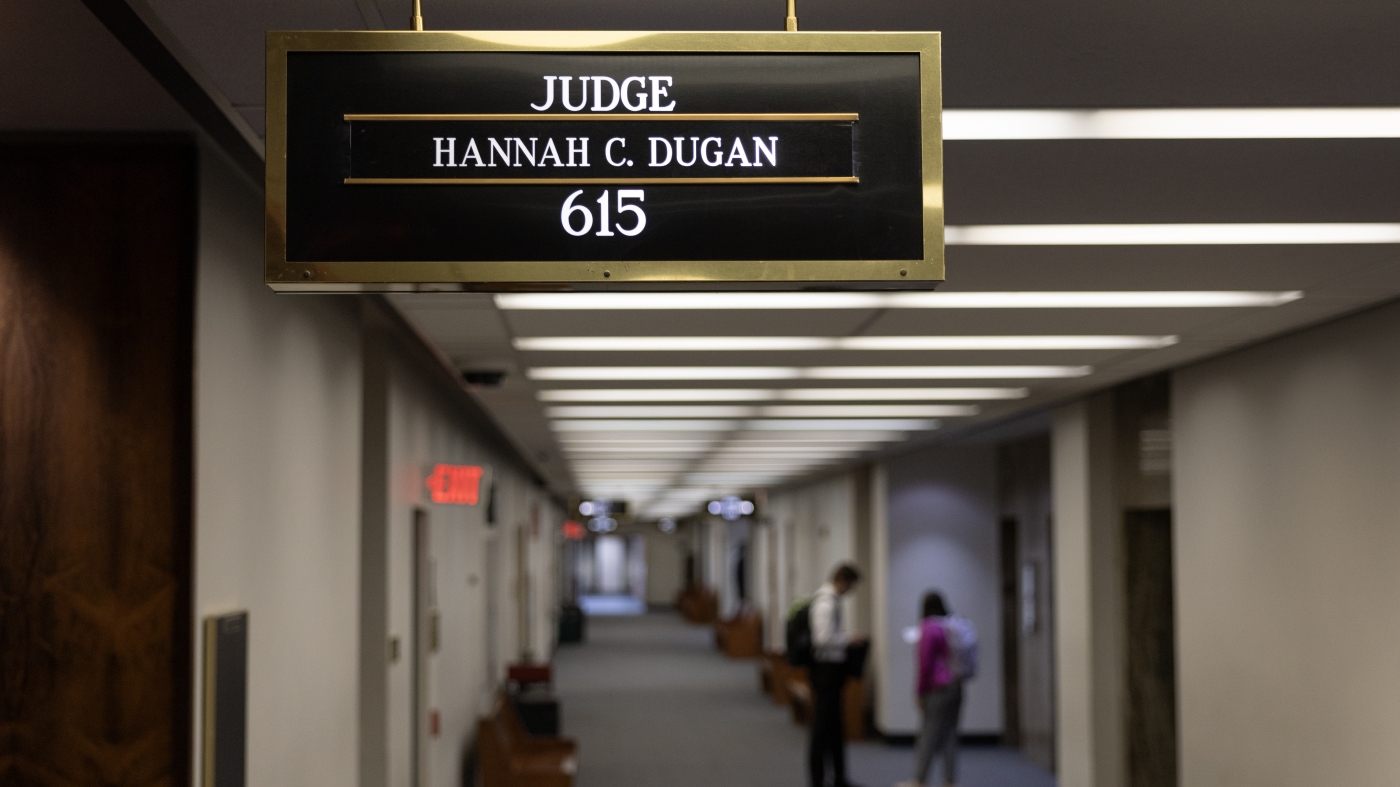Using IPTables to Secure Your Server.
This rule set is designed for a Linux system that: Allows SSH (port 22) as the primary remote access method. Supports basic system functionality (loopback, established/related connections, ICMP). Optionally allows common services (web, mail, file sharing, database) while blocking everything else by default. Assumes a typical server use case but can be trimmed or expanded based on your needs. You can remove or comment out rules for services you don’t need. Full iptables Rule Set #!/bin/bash # Flush existing rules to start fresh (use with caution on a live system) iptables -F iptables -X # Set default policies: DROP incoming, ALLOW outgoing iptables -P INPUT DROP iptables -P FORWARD DROP # If routing/NAT isn't needed, drop forwarded traffic iptables -P OUTPUT ACCEPT # Allow all outbound traffic (can be restricted if needed) # Allow loopback traffic (essential for local services) iptables -A INPUT -i lo -j ACCEPT # Allow established and related connections (keeps ongoing sessions alive) iptables -A INPUT -m conntrack --ctstate ESTABLISHED,RELATED -j ACCEPT # Allow ICMP (e.g., ping responses, network diagnostics) iptables -A INPUT -p icmp --icmp-type echo-request -j ACCEPT # Allow SSH (port 22/TCP) for remote access iptables -A INPUT -p tcp --dport 22 -m conntrack --ctstate NEW -j ACCEPT # --- Optional Service Rules (uncomment or remove as needed) --- # Web Server (HTTP and HTTPS) #iptables -A INPUT -p tcp --dport 80 -m conntrack --ctstate NEW -j ACCEPT #iptables -A INPUT -p tcp --dport 443 -m conntrack --ctstate NEW -j ACCEPT # Mail Server (SMTP, Submission, IMAP, IMAPS, POP3, POP3S) #iptables -A INPUT -p tcp --dport 25 -m conntrack --ctstate NEW -j ACCEPT # SMTP #iptables -A INPUT -p tcp --dport 587 -m conntrack --ctstate NEW -j ACCEPT # Submission #iptables -A INPUT -p tcp --dport 143 -m conntrack --ctstate NEW -j ACCEPT # IMAP #iptables -A INPUT -p tcp --dport 993 -m conntrack --ctstate NEW -j ACCEPT # IMAPS #iptables -A INPUT -p tcp --dport 110 -m conntrack --ctstate NEW -j ACCEPT # POP3 #iptables -A INPUT -p tcp --dport 995 -m conntrack --ctstate NEW -j ACCEPT # POP3S # File Sharing - Samba (SMB/CIFS) #iptables -A INPUT -p udp --dport 137 -m conntrack --ctstate NEW -j ACCEPT # NetBIOS Name Service #iptables -A INPUT -p udp --dport 138 -m conntrack --ctstate NEW -j ACCEPT # NetBIOS Datagram #iptables -A INPUT -p tcp --dport 139 -m conntrack --ctstate NEW -j ACCEPT # NetBIOS Session #iptables -A INPUT -p tcp --dport 445 -m conntrack --ctstate NEW -j ACCEPT # SMB over TCP # File Sharing - NFS (basic ports; dynamic ports may need rpcbind config) #iptables -A INPUT -p tcp --dport 2049 -m conntrack --ctstate NEW -j ACCEPT # NFS #iptables -A INPUT -p udp --dport 2049 -m conntrack --ctstate NEW -j ACCEPT # NFS # Database Server (MySQL and PostgreSQL) #iptables -A INPUT -p tcp --dport 3306 -m conntrack --ctstate NEW -j ACCEPT # MySQL/MariaDB #iptables -A INPUT -p tcp --dport 5432 -m conntrack --ctstate NEW -j ACCEPT # PostgreSQL # DHCP Server (if the system assigns IPs; rare for a typical server) #iptables -A INPUT -p udp --dport 67 -m conntrack --ctstate NEW -j ACCEPT # DHCP Server # --- End of Rules --- # Default INPUT policy is DROP, so anything not explicitly allowed is blocked What This Rule Set Does Core Functionality: Loopback: Allows all traffic on lo for local processes. Established/Related: Permits responses to outbound connections (e.g., updates, DNS, NTP) and ongoing sessions. ICMP: Allows ping responses and basic network diagnostics. SSH: Opens port 22/TCP for remote access. Optional Services (commented out by default): Web server (80, 443). Mail server (25, 587, 143, 993, 110, 995). File sharing (Samba: 137-139, 445; NFS: 2049). Databases (3306, 5432). DHCP server (67). Security: Default INPUT policy is DROP, blocking all unlisted inbound traffic. OUTPUT is left open (common for servers; can be restricted if needed). FORWARD is dropped (assuming no routing/NAT). How to Use This Save to a Script: Copy the code into a file (e.g., firewall.sh). Make it executable: chmod +x firewall.sh. Run it: ./firewall.sh. Customize: Uncomment the optional service rules you need (e.g., web server ports). Remove rules for services you don’t use. Persist Rules: On Debian/Ubuntu: iptables-save > /etc/iptables/rules.v4. On CentOS/RHEL: service iptables save or integrate with firewalld. Test: Check rules: iptables -L -v -n. Test SSH: ssh user@host. Test blocked ports: Try connecting to unopened ports (e.g., telnet host 80 should fail). Notes Outbound Traffic: The OUTPUT chain is ACCEPT by default, allowing the system to initiate connections (e.g., for updates or DNS). If you want to lock this down, add specific OUTPUT rules and set -P OUTPUT DROP. Dynamic Protocols: NFS and FTP may require additional conntrack modules (e.g., nf_conntrack_ftp) and port ranges for full
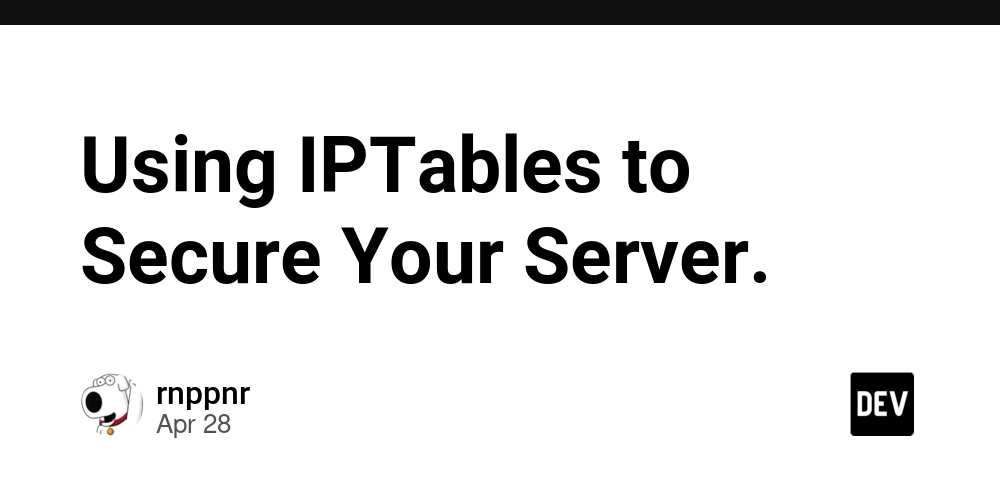
This rule set is designed for a Linux system that:
- Allows SSH (port 22) as the primary remote access method.
- Supports basic system functionality (loopback, established/related connections, ICMP).
- Optionally allows common services (web, mail, file sharing, database) while blocking everything else by default.
- Assumes a typical server use case but can be trimmed or expanded based on your needs.
You can remove or comment out rules for services you don’t need.
Full iptables Rule Set
#!/bin/bash
# Flush existing rules to start fresh (use with caution on a live system)
iptables -F
iptables -X
# Set default policies: DROP incoming, ALLOW outgoing
iptables -P INPUT DROP
iptables -P FORWARD DROP # If routing/NAT isn't needed, drop forwarded traffic
iptables -P OUTPUT ACCEPT # Allow all outbound traffic (can be restricted if needed)
# Allow loopback traffic (essential for local services)
iptables -A INPUT -i lo -j ACCEPT
# Allow established and related connections (keeps ongoing sessions alive)
iptables -A INPUT -m conntrack --ctstate ESTABLISHED,RELATED -j ACCEPT
# Allow ICMP (e.g., ping responses, network diagnostics)
iptables -A INPUT -p icmp --icmp-type echo-request -j ACCEPT
# Allow SSH (port 22/TCP) for remote access
iptables -A INPUT -p tcp --dport 22 -m conntrack --ctstate NEW -j ACCEPT
# --- Optional Service Rules (uncomment or remove as needed) ---
# Web Server (HTTP and HTTPS)
#iptables -A INPUT -p tcp --dport 80 -m conntrack --ctstate NEW -j ACCEPT
#iptables -A INPUT -p tcp --dport 443 -m conntrack --ctstate NEW -j ACCEPT
# Mail Server (SMTP, Submission, IMAP, IMAPS, POP3, POP3S)
#iptables -A INPUT -p tcp --dport 25 -m conntrack --ctstate NEW -j ACCEPT # SMTP
#iptables -A INPUT -p tcp --dport 587 -m conntrack --ctstate NEW -j ACCEPT # Submission
#iptables -A INPUT -p tcp --dport 143 -m conntrack --ctstate NEW -j ACCEPT # IMAP
#iptables -A INPUT -p tcp --dport 993 -m conntrack --ctstate NEW -j ACCEPT # IMAPS
#iptables -A INPUT -p tcp --dport 110 -m conntrack --ctstate NEW -j ACCEPT # POP3
#iptables -A INPUT -p tcp --dport 995 -m conntrack --ctstate NEW -j ACCEPT # POP3S
# File Sharing - Samba (SMB/CIFS)
#iptables -A INPUT -p udp --dport 137 -m conntrack --ctstate NEW -j ACCEPT # NetBIOS Name Service
#iptables -A INPUT -p udp --dport 138 -m conntrack --ctstate NEW -j ACCEPT # NetBIOS Datagram
#iptables -A INPUT -p tcp --dport 139 -m conntrack --ctstate NEW -j ACCEPT # NetBIOS Session
#iptables -A INPUT -p tcp --dport 445 -m conntrack --ctstate NEW -j ACCEPT # SMB over TCP
# File Sharing - NFS (basic ports; dynamic ports may need rpcbind config)
#iptables -A INPUT -p tcp --dport 2049 -m conntrack --ctstate NEW -j ACCEPT # NFS
#iptables -A INPUT -p udp --dport 2049 -m conntrack --ctstate NEW -j ACCEPT # NFS
# Database Server (MySQL and PostgreSQL)
#iptables -A INPUT -p tcp --dport 3306 -m conntrack --ctstate NEW -j ACCEPT # MySQL/MariaDB
#iptables -A INPUT -p tcp --dport 5432 -m conntrack --ctstate NEW -j ACCEPT # PostgreSQL
# DHCP Server (if the system assigns IPs; rare for a typical server)
#iptables -A INPUT -p udp --dport 67 -m conntrack --ctstate NEW -j ACCEPT # DHCP Server
# --- End of Rules ---
# Default INPUT policy is DROP, so anything not explicitly allowed is blocked
What This Rule Set Does
-
Core Functionality:
-
Loopback: Allows all traffic on
lofor local processes. - Established/Related: Permits responses to outbound connections (e.g., updates, DNS, NTP) and ongoing sessions.
- ICMP: Allows ping responses and basic network diagnostics.
- SSH: Opens port 22/TCP for remote access.
-
Loopback: Allows all traffic on
-
Optional Services (commented out by default):
- Web server (80, 443).
- Mail server (25, 587, 143, 993, 110, 995).
- File sharing (Samba: 137-139, 445; NFS: 2049).
- Databases (3306, 5432).
- DHCP server (67).
-
Security:
- Default
INPUTpolicy isDROP, blocking all unlisted inbound traffic. -
OUTPUTis left open (common for servers; can be restricted if needed). -
FORWARDis dropped (assuming no routing/NAT).
- Default
How to Use This
-
Save to a Script:
- Copy the code into a file (e.g.,
firewall.sh). - Make it executable:
chmod +x firewall.sh. - Run it:
./firewall.sh.
- Copy the code into a file (e.g.,
-
Customize:
- Uncomment the optional service rules you need (e.g., web server ports).
- Remove rules for services you don’t use.
-
Persist Rules:
- On Debian/Ubuntu:
iptables-save > /etc/iptables/rules.v4. - On CentOS/RHEL:
service iptables saveor integrate withfirewalld.
- On Debian/Ubuntu:
-
Test:
- Check rules:
iptables -L -v -n. - Test SSH:
ssh user@host. - Test blocked ports: Try connecting to unopened ports (e.g.,
telnet host 80should fail).
- Check rules:
Notes
-
Outbound Traffic: The
OUTPUTchain isACCEPTby default, allowing the system to initiate connections (e.g., for updates or DNS). If you want to lock this down, add specificOUTPUTrules and set-P OUTPUT DROP. -
Dynamic Protocols: NFS and FTP may require additional
conntrackmodules (e.g.,nf_conntrack_ftp) and port ranges for full functionality. - Minimal Setup: If you only need SSH and basic system operation, use just the uncommented rules.
This rule set balances functionality and security for a typical Linux server.











